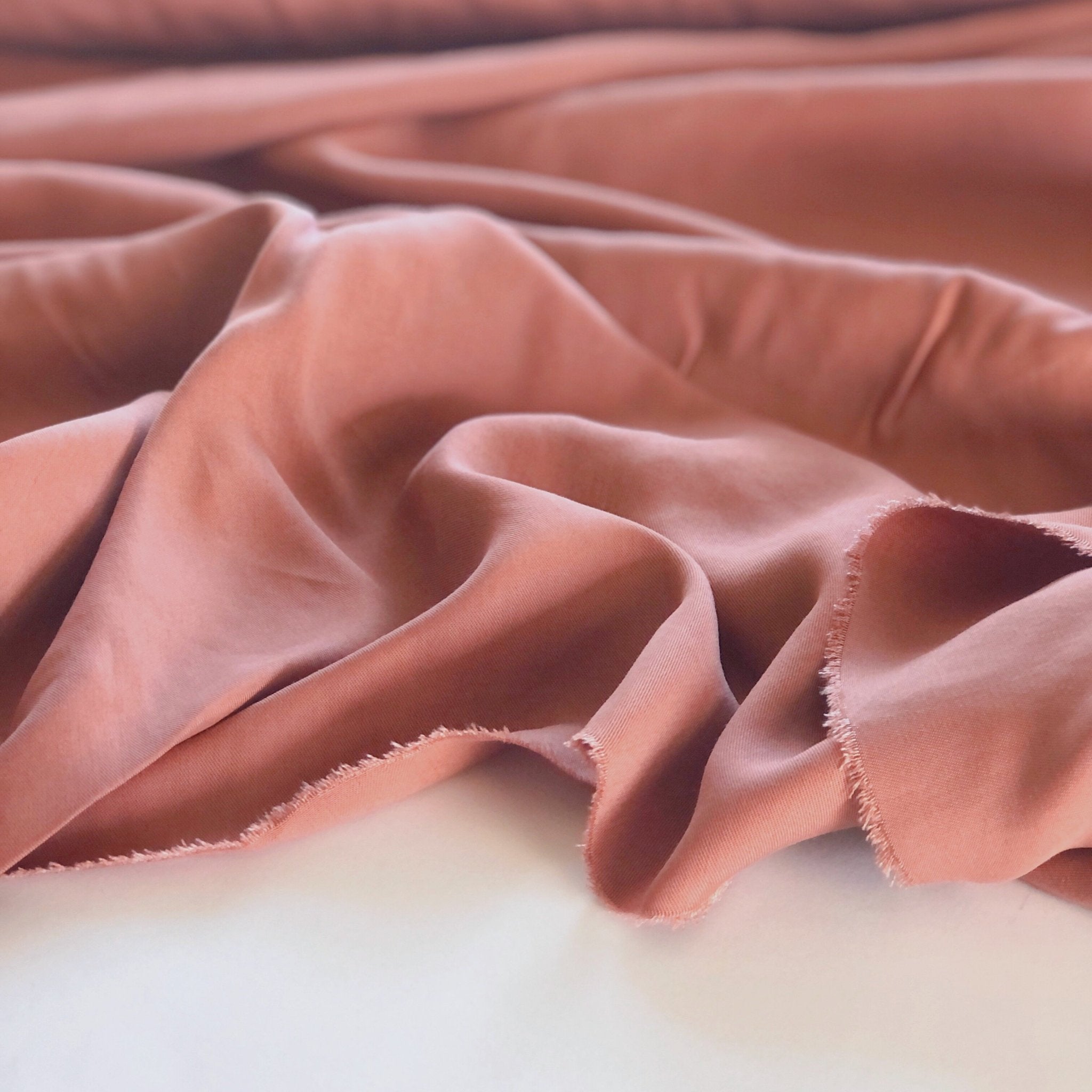In the world of textiles, Tencel has gained significant popularity due to its eco-friendly nature and luxurious feel. However, there is often confusion surrounding its composition. Many people wonder whether Tencel is truly 100% cotton or if it belongs to a different category altogether. In this blog post, we will delve into the intricacies of Tencel and uncover the truth behind its composition.
Understanding Tencel:
Tencel, also known as lyocell, is a type of fabric that is derived from cellulose fibers. These fibers are sourced from renewable materials, primarily wood pulp from eucalyptus trees. The production process involves dissolving the wood pulp in a solvent and then extruding it into fibers. These fibers are then spun into yarns and woven into fabric.
Tencel vs. Cotton:
While Tencel and cotton share some similarities, they are not the same. Cotton is a natural fiber that comes from the cotton plant, whereas Tencel is a man-made fiber derived from wood pulp. Cotton has been used for centuries and is known for its softness, breathability, and absorbency. Tencel, on the other hand, offers similar qualities but with added benefits.
Properties of Tencel:
- Softness: Tencel is renowned for its exceptional softness, often compared to silk or cashmere. The fibers are smooth and gentle against the skin, making it a popular choice for clothing and bedding.
- Breathability: Tencel has excellent moisture-wicking properties, allowing it to absorb and release moisture efficiently. This feature helps to regulate body temperature, keeping the wearer cool and comfortable.
- Sustainability: Tencel is considered an eco-friendly fabric due to its production process. The solvent used in the manufacturing of Tencel is non-toxic and can be recycled, minimizing environmental impact.
- Durability: Tencel is known for its strength and durability. The fibers have a high tensile strength, making them resistant to wear and tear. Additionally, Tencel fabrics are less prone to wrinkling, retaining their shape and appearance for longer periods.
Conclusion:
In conclusion, Tencel is not 100% cotton but rather a unique fabric made from cellulose fibers derived from wood pulp. While it shares some similarities with cotton, such as softness and breathability, Tencel offers additional benefits like sustainability and durability. Its luxurious feel and eco-friendly nature have made it a popular choice in various industries, including fashion and home textiles.


